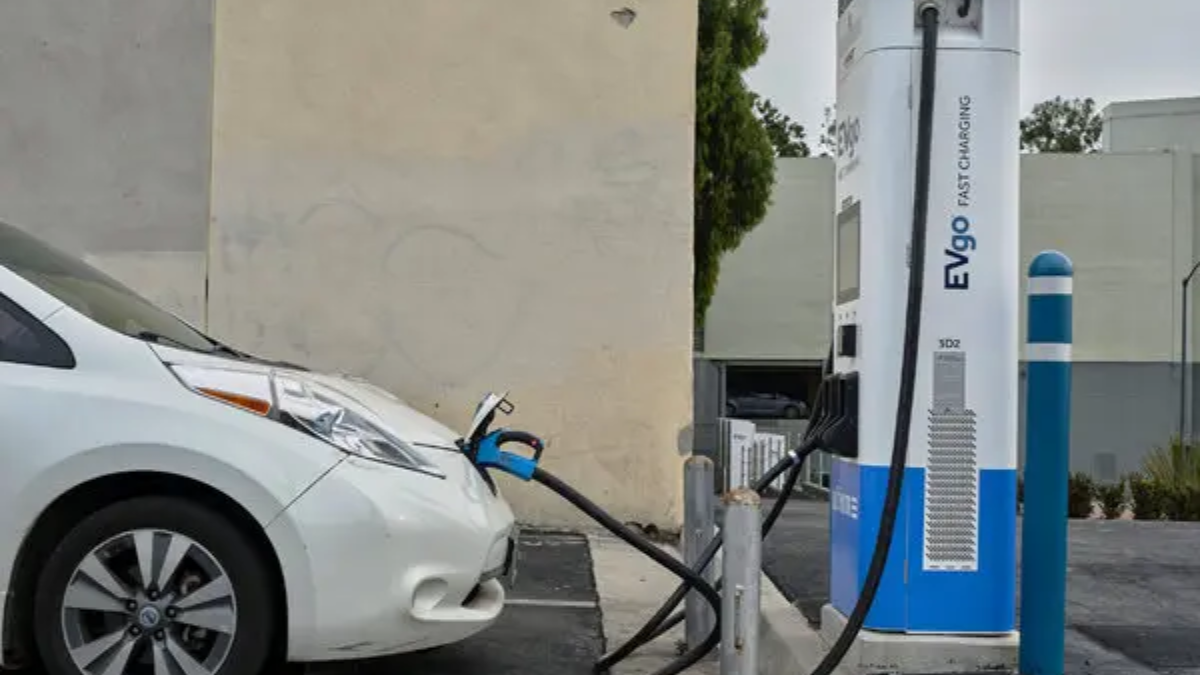Former President Donald Trump’s proposal to eliminate the $7,500 federal tax credit for electric vehicle (EV) buyers has raised concerns about its potential impact on South Carolina’s burgeoning EV industry. The credit, designed to incentivize the purchase of environmentally friendly vehicles, has been instrumental in the growth of EV adoption across the country. South Carolina, home to a growing network of EV manufacturers and suppliers, could face significant economic challenges if the tax credit is rescinded.
The Role of the $7,500 EV Tax Credit
The federal EV tax credit, introduced as part of efforts to promote clean energy and reduce greenhouse gas emissions, provides a financial incentive to buyers of qualifying electric and plug-in hybrid vehicles. By making EVs more affordable, the credit has played a crucial role in increasing EV sales and supporting the expansion of the industry.
For states like South Carolina, the tax credit has helped fuel demand for EVs and boosted local manufacturing. Major automakers, such as BMW and Volvo, have invested heavily in EV production facilities within the state. Additionally, South Carolina is home to a network of battery suppliers, charging infrastructure companies, and skilled workers who support the EV sector.
Potential Consequences of Ending the Credit
Eliminating the $7,500 tax credit could significantly impact EV adoption rates, as the upfront cost of electric vehicles remains a barrier for many consumers. Without the financial incentive, the price gap between EVs and traditional gasoline-powered vehicles may widen, potentially deterring buyers from making the switch to electric.
For South Carolina’s EV industry, this could lead to decreased production demands, putting jobs and investment at risk. Manufacturers who have made substantial commitments to EV production might face reduced market demand, leading to potential downsizing or delays in future projects. The state’s economy, which benefits from the EV industry’s supply chain and associated industries, could also suffer.
Industry and Political Reactions
Critics of Trump’s proposal argue that eliminating the tax credit would slow the transition to cleaner transportation, undermining efforts to combat climate change and promote sustainable energy. Environmental advocates and industry leaders have emphasized that the credit is essential to leveling the playing field for EVs as the market matures.
Supporters of the proposal, however, contend that the tax credit is an unnecessary government subsidy. They argue that EV manufacturers should compete in the marketplace without taxpayer-funded incentives, suggesting that the credit disproportionately benefits higher-income households that can afford EVs.
In South Carolina, local leaders and industry stakeholders are watching closely. The state has positioned itself as a hub for EV innovation, and any policy changes that could affect market stability are of significant concern. Some lawmakers have voiced opposition to eliminating the tax credit, citing the potential economic repercussions for South Carolina’s workers and businesses.
The Future of EV Policy
The debate over the EV tax credit highlights the broader challenges of balancing economic growth, environmental priorities, and fiscal responsibility. South Carolina’s EV industry has made impressive strides in recent years, but its continued success depends on supportive policies that encourage investment and consumer adoption.
While Trump’s proposal has reignited discussions about the role of government incentives in shaping the EV market, the ultimate decision will likely hinge on broader political dynamics. For South Carolina, maintaining a strong EV sector is not just an environmental issue but a critical economic priority.
As policymakers consider the future of the EV tax credit, the voices of industry leaders, workers, and environmental advocates will play a crucial role in shaping the outcome. The stakes are high for South Carolina, where the EV industry represents a significant opportunity for growth and innovation.
For a deeper analysis of the potential impact of Trump’s proposal on the EV industry, visit Energy.gov.
Disclaimer – Our team has carefully fact-checked this article to make sure it’s accurate and free from any misinformation. We’re dedicated to keeping our content honest and reliable for our readers.








